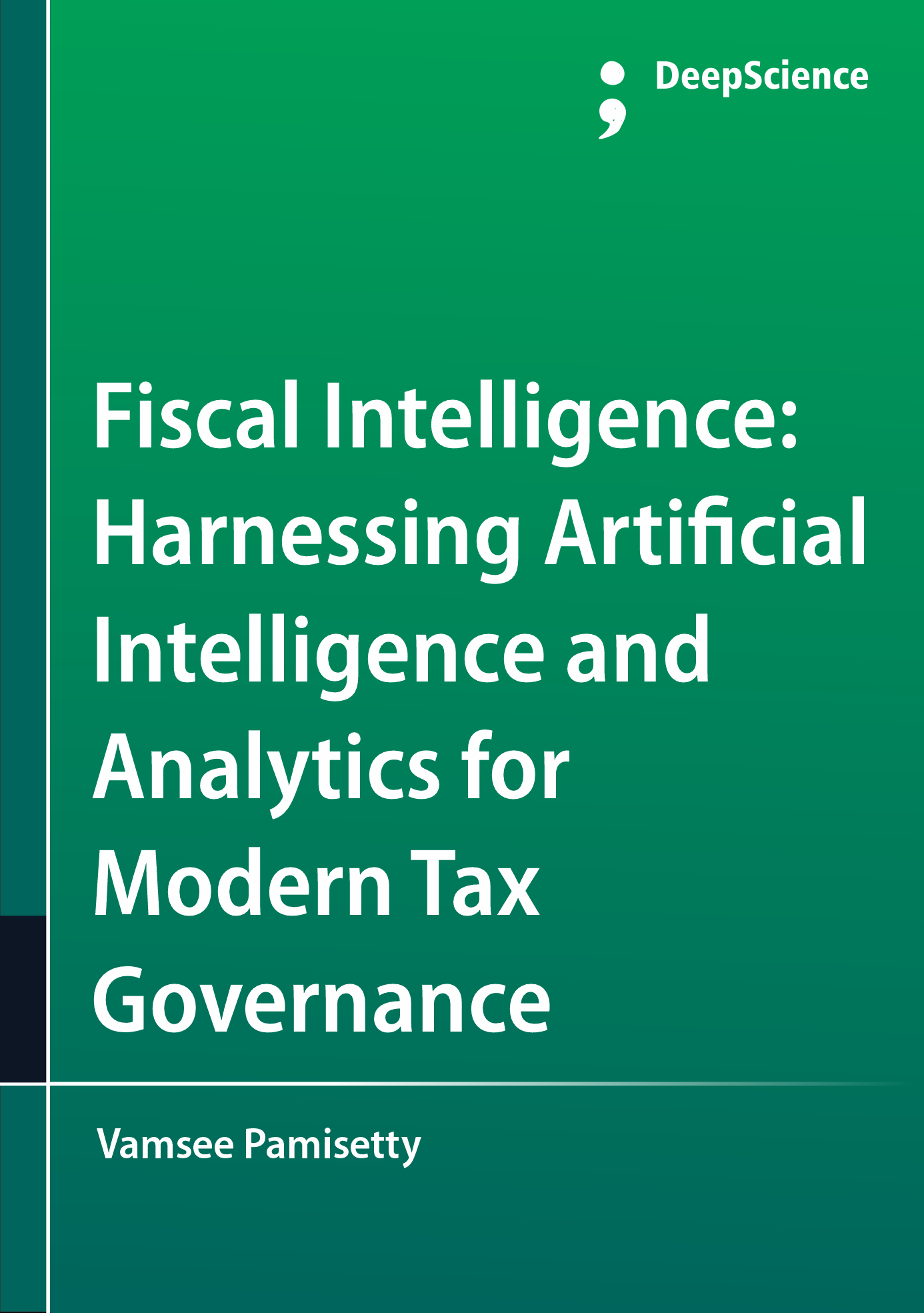Deploying artificial intelligence-based decision support systems to elevate efficiency in public financial management
Synopsis
The use of ICT tools has influenced various life sectors, providing tangible and intangible benefits. These tools have revolutionized the approach in various contexts and have made work easier; it is necessary to review how this influence can be extended, in this case, to the area of Public Financial Management (PFM) because the potential benefits are numerous. Advances in Artificial Intelligence (AI) development, and robots to automate areas of work traditionally carried out by humans have made opinion leaders from different fields consider this perspective as the next industrial revolution, which has been called Industry 4.0. On the other hand, and without contradiction, PFM is an important component of public management and affects the quality of life of citizens. Even a bad PFM can endanger democracy, peace, and social stability. In this regard, public management is nothing particularly novel, since organized societies, such as ancient Greece, already practiced them. But it is from the Second World War that control and regulation by the state of the country's finances is normalized. From that moment on, its importance grew to influence the evolution of all countries until reaching the present situation.
It is important to mention that various practices are recognized in the area of PFM, among which we can list the formulation of a multiannual budget with programmatic content; establishment of expenditure controls, fiscal rules and regulation of the internal and external control bodies of public management; popular approval of the budget; citizen audits; intervention of other control bodies. In the area of PFM, it is necessary to distinguish the management of private organizations from that of public organizations. The first is based on the pursuit of profit or the maximization of shareholder value, with decisions focused on increasing expected income at the least possible cost in order to guarantee the dividends to be received by the shareholders. In the case of a public organization, whose purpose is to satisfy the public needs of the citizens.













